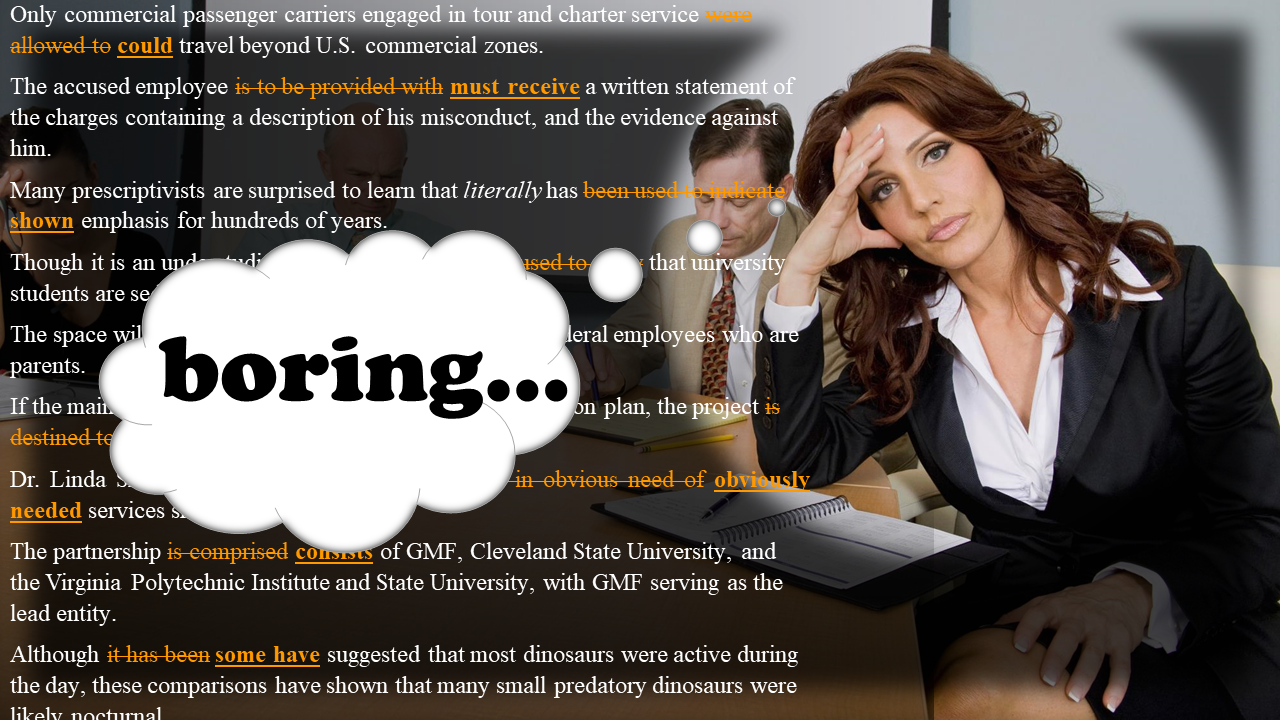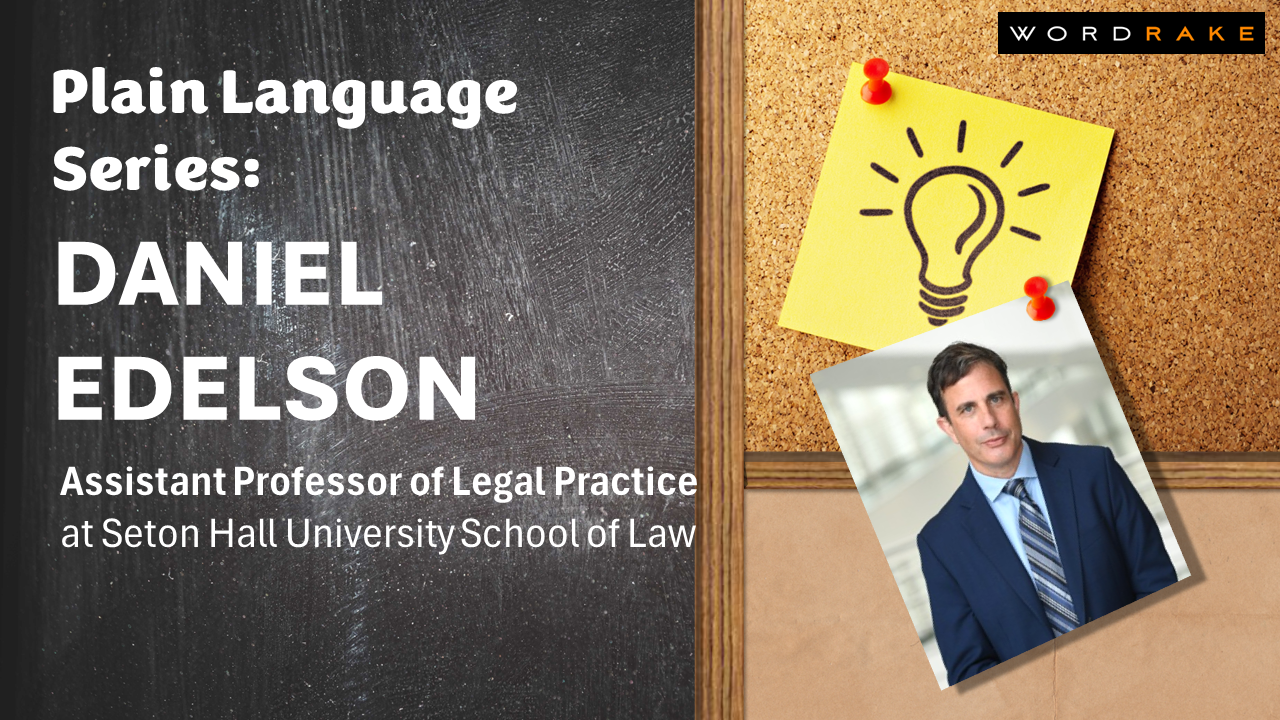Part 2 - Dishonesty
Business jargon is often used to hide something, whether it’s an outright lie or a little misdirection. The easiest way to spot this is to ask whether the information being offered by the cliché was needed. This is one of my go-to communication rules: if you’re feeling the need to offer descriptions no one has asked for, you’re probably not being honest. To quote a response to a denial in NBC’s The Good Place, “Okay, that’s really specific, and that makes me think you definitely did do that.” Or to quote Shakespeare’s Hamlet, “The lady doth protest too much, methinks.” If you think “I should say X so I don’t sound like Y,” examine why you think your statement will sound that way to begin with. Then change your words to be more precise, or else don’t say anything at all.
Continue reading













